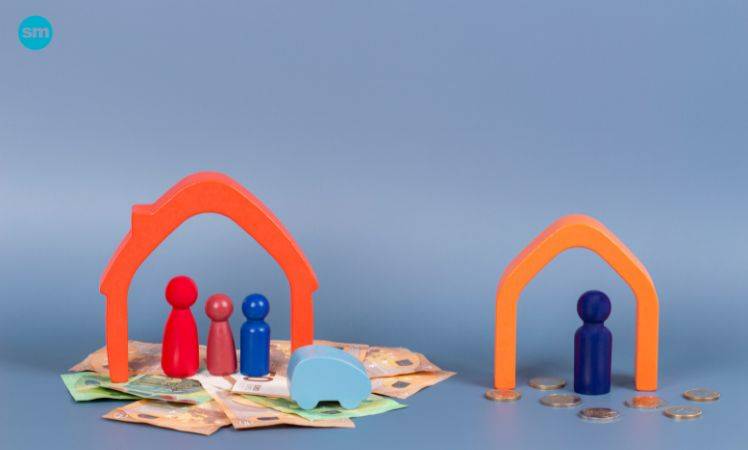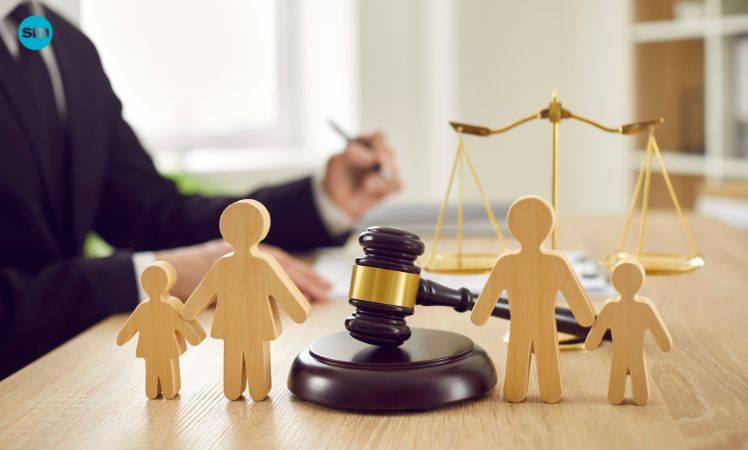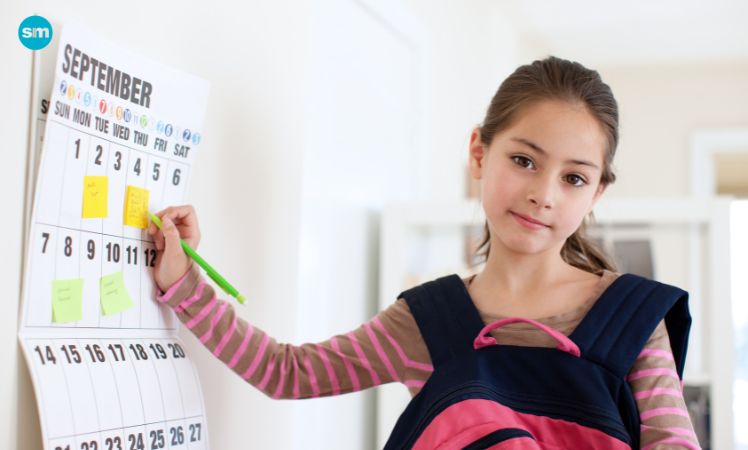Divorce With Kids: Your Considerations

Last Updated on January 23, 2024 by Lori Pace
A divorce can be difficult for a family. Parents are discovering new ways to relate to one another and learning new ways to raise their children. The effects of divorce on kids and their parents can be varied. While some children are able to cope with divorce naturally and understandably, others may have difficulty.
Children are resilient, and the transition to divorce can be seen as an adjustment instead of a crisis. The effects of divorce on children can vary because children have different temperaments and ages. To cover all your bases as a divorcing parent, consider these 12 issues and discuss any questions with your lawyer.
What To Consider When Divorce With Kids?
The Best Interests Of The Children
During and after a divorce, the best interests of your children should be your number one priority. This concept should guide every court custody decision and parenting decision. The criteria a judge uses to determine a child’s best interests vary from one state to the next. Learn about custody in your state and what is best for children there.
Whom The Kids Will Live With After The Divorce?
The parent with whom the children live determines their physical custody. They will live with either one parent for most or all of their time in sole physical custody. In joint custody, the child lives with one parent for an equal or almost equal amount of time.
Who Will Make Decisions For The Children
Legal custody gives you the power and responsibility to decide for your child. This includes deciding the school, religion, and doctor for your child. This could be one parent ( sole or both legal custody), or both parents (joint legal custody).
Parenting Plan
The parenting plan will help you to parent after divorce. If you and your spouse cannot agree, you will likely need to submit a proposed plan to the judge for consideration when making the final custody orders.
A written copy of your visitation plan must be included. A visual calendar makes it easier to understand your schedule and reduces the chance of either parent breaking the custody order. The parenting plan provisions will complete the document. These might include information about how parents transport the child from one place to another, what the child eats, and so forth.
Children’s Ages
The effects that divorce has on children are dependent upon their age. No matter how much you believe, your children will remember, divorce can have an impact on your children. Your role in helping children deal with divorce is crucial.
Babies and toddlers will not be able to understand the concept beyond the fact one of their parents is going, but they can sense your emotions. They will need love and assurance that their parents won’t leave them.
Teenagers and children in school may be familiar with the concept of divorce, but not necessarily know how it happened. They may feel uncomfortable and want to pick sides by being put in the middle. Many believe that preteens are the most likely age to divorce children. So give your kids extra support during this stage.
Make sure you choose a good parenting plan for your children’s ages. If there are significant age differences, each child may have a different schedule. What works for a teenager might not work for a toddler.
Each Parent-Child Relationship
The custody arrangement you make should reflect the children’s relationships with each parent. You should make shared custody work if the children have formed close relationships with their parents.
If the children aren’t spending much time one-on-one with their parents, you can try to get them to visit that parent by using a step-up parenting plan. Consider asking the court for restrictions such as supervised visitation, if a parent threatens the child’s wellbeing.
Future Relationship With The Other Parent
You should choose a parenting arrangement that suits your ability to cooperate with the other parent. Co-parenting relationships could be established between parents on friendly terms. Consider an arrangement such as parallel parenting if the discussions turn into arguments.
How you discuss parenting issues will depend on the relationship between your parents. Using a parenting app to communicate can help you maintain control of your language and keep track of all conversations.
Settling Out Of Court
Instead of the court deciding, settling means that the parents reach a compromise. This saves money and time and allows parents to make parenting decisions. As many issues as possible, try to agree with the other parent. Your joint decisions should be incorporated into a divorce settlement, which includes a parenting plan.
You can either settle before or during the court proceedings. You can negotiate with the other parent, or use an alternative dispute resolution to assist you in negotiations. Many states require that divorcing parents try mediation. It is possible to settle custody issues and let the judge decide on all other matters.
Child Support When Divorce With Kids
Child support is a financial contribution that both parents make to the children’s education. It is generally noncustodial that pays support to the custodial. Each state uses a formula to calculate support. It is based on the incomes of parents and their parenting time. Some states include in their support award the cost of a child’s insurance.
Temporary Orders
Many lawyers recommend that parents going through divorce obtain temporary orders to provide support, custody, and other legal matters while the case is pending.
You should immediately take action if your case involves domestic violence or child abuse. Temporary custody and protection are available for anyone who is in danger. These orders are made by the court and determine whether they are necessary.
Other Divorce Aspects Related To Divorce With Kids
Divorce aspects such as property division and alimony are the same in cases that involve children as for those without. If you give the family home assignment to the judge, it’s likely that they will assign it to the parent who spends more time with your children.
Life After Divorce With Kids
Make sure you cover all issues that might arise after the divorce. You can make your children’s life easier after a divorce if you plan ahead. Parents who are divorcing will always share a bond with their children. Although you don’t need to be best friends, it is important that you remain friendly and not criticize one another in front of the children.
You should also consider your financial situation and whether your family will need to change their lifestyle. Although child support can be helpful, it is not enough to shift from two incomes to one.








